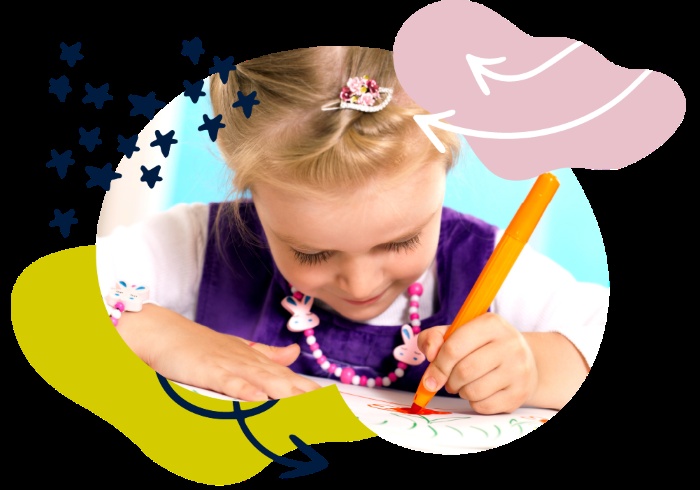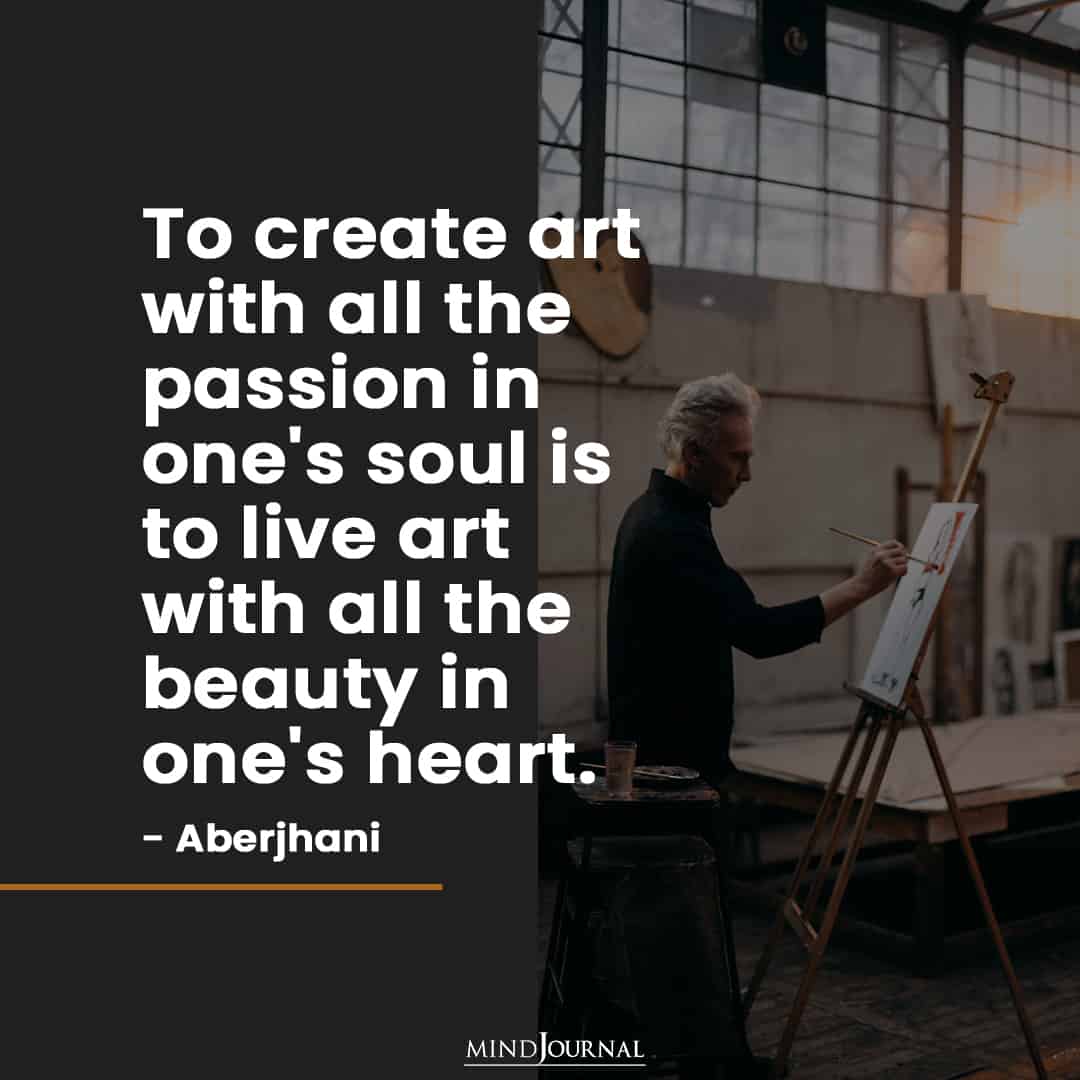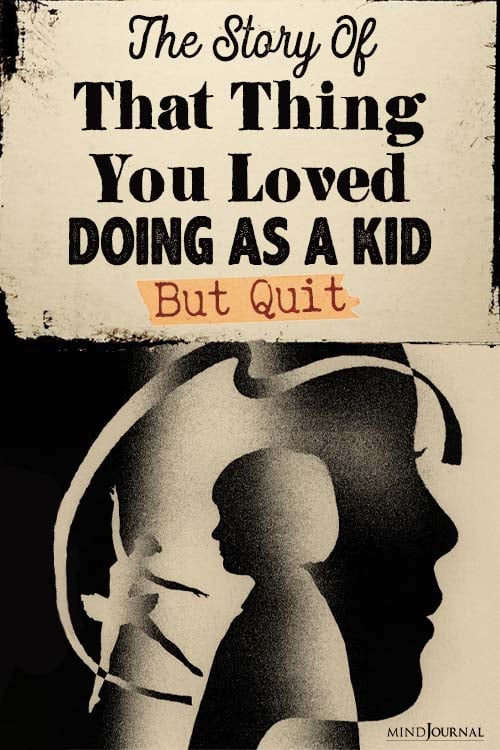Remember that thing you loved doing as a child? The one that made you lose track of time? Why did you stop? Let’s learn more about reconnecting with passions from our past.
Personal Perspective: Reconnecting with a past passion helps shape who you are.
Rediscovering Something You Loved Doing As A Child

Think back to something you loved doing as a child or teenager—a hobby or creative pursuit that brought you joy. Maybe it was playing an instrument, painting, or soccer. Back then, these passions felt like a core part of who you were.
Read More Here: How To Help Rekindle The Passion and Joy Of Learning In Children
But as life became busier—whether it was school, work, or the demands of adulthood—those activities slipped into the background.
Have you ever wondered what happened to that part of you? Is there meaning in trying to bring it back, or is it just a chapter in a story you’ve left behind? Here’s my story about something I loved—playing the violin—and how I let it go. Now, as I think about picking it up again, I find myself wondering: What happens when we lose touch with the activities that once defined us?
Whenever I have to share something interesting about myself in an icebreaker, I hesitate to mention the violin. I haven’t played seriously in ages, and sometimes I feel like people don’t take it seriously anyway.
But for me, it wasn’t just a casual hobby. I spent hours practicing, preparing for concerts, and pouring my heart into it. Then life got in the way. I told myself I’d focus on exams, then on university, then my career. Now, years later, I realize I haven’t touched the violin in what feels like a lifetime.

I ask myself: If I never play again, what will I really lose? Or, as the world often demands productivity: What did I gain from all that effort if it didn’t lead to something tangible, like a career or financial reward?
My high school literature teacher, Ms. Gulen, had an answer to this question, saying: “Pursue your hobbies and interests because they’ll give you a story to tell.” I still think about that. Stories matter. And maybe, old passions are stories you can tell about who you are, and who you have been.
Years later, in my work now, I study how people make sense of their lives through the stories they tell. There’s even a term for it: narrative identity—the way our life stories shape who we are and how we understand ourselves.
These stories aren’t just nice ideas; they play a significant role in our sense of purpose and well-being. People who feel connected to their personal stories—who understand how their past experiences influence their current lives—tend to feel more motivated, purposeful, and aligned with their values.
For me, playing the violin was a key part of that story. It connected me to music, to creativity, and to the friendships I built through shared passion. Being “the girl who played the violin” gave me something different, something uniquely mine. Even though I haven’t played in years, that part of my identity still feels important.
But here’s the question: If I’m not playing anymore, have I lost a part of myself? Or does the essence of that person still remain, even if that passion has faded?
I think the answer lies somewhere in between. Expressing our strengths, even in small ways, enhances our well-being, and past interests can be a powerful way to express the essence of who we are.
Yet it’s not always about going back to the exact same activity; it’s about reconnecting with the deeper strengths and values that passion embodied. For me, playing the violin was about creativity—an energy I can channel into other outlets, even if I never fully return to the instrument.
Past Passion: Bringing a past story back to life
Maybe you used to sing, dance, play basketball, or get lost in books for hours. Whatever it was that shaped you, even if it’s been years since you last engaged with it, those passions played a role in making you who you are today. We often tell ourselves we’ll return to those interests someday—when life calms down, when we have more time. But that perfect moment rarely comes.
Revisiting those past interests, even in small or different ways, can reveal what they meant to you and what they say about your story. You might ask yourself: Why did I find that thing interesting? Was it the social aspect, the challenge, or the sense of purpose I found in art or music? Exploring these questions can help you bring those values into the present.
When we connect the passions from our past with who we are now, we might create a more unified narrative that links the different chapters of our identity. Because it’s not just about what you did as a kid. It’s about keeping the essence of that story alive now, letting it continue to unfold, with coherence, into the person you’re still becoming.
Read More Here: Why We Click With Someone? The Psychology of Instant Connection
For more insights visit: https://www.psychologytoday.com/us/blog/stories-we-tell-lives-we-lead
Written by: Sebnem Ture M.Sc.
Originally appeared on Psychology Today










Leave a Reply